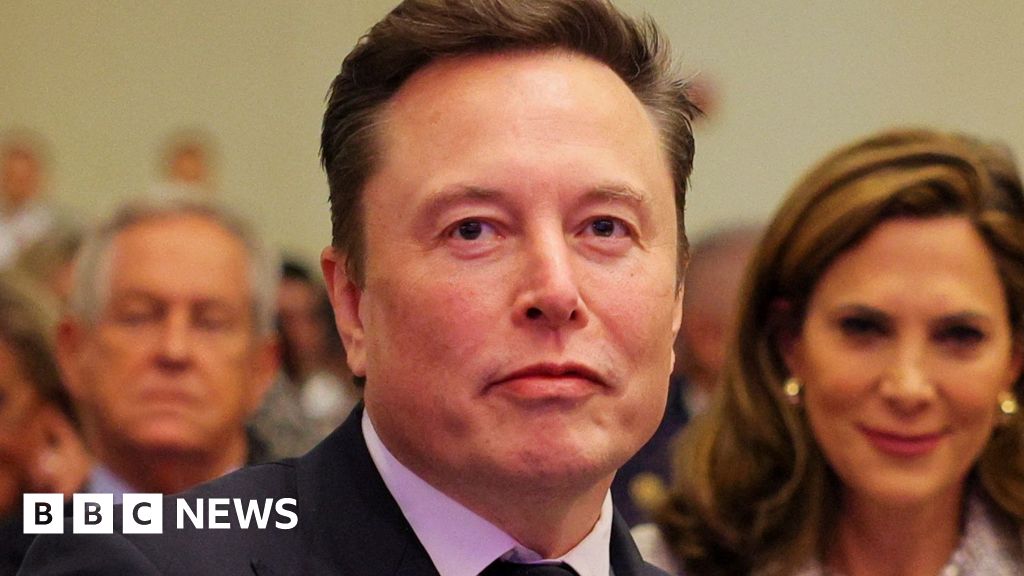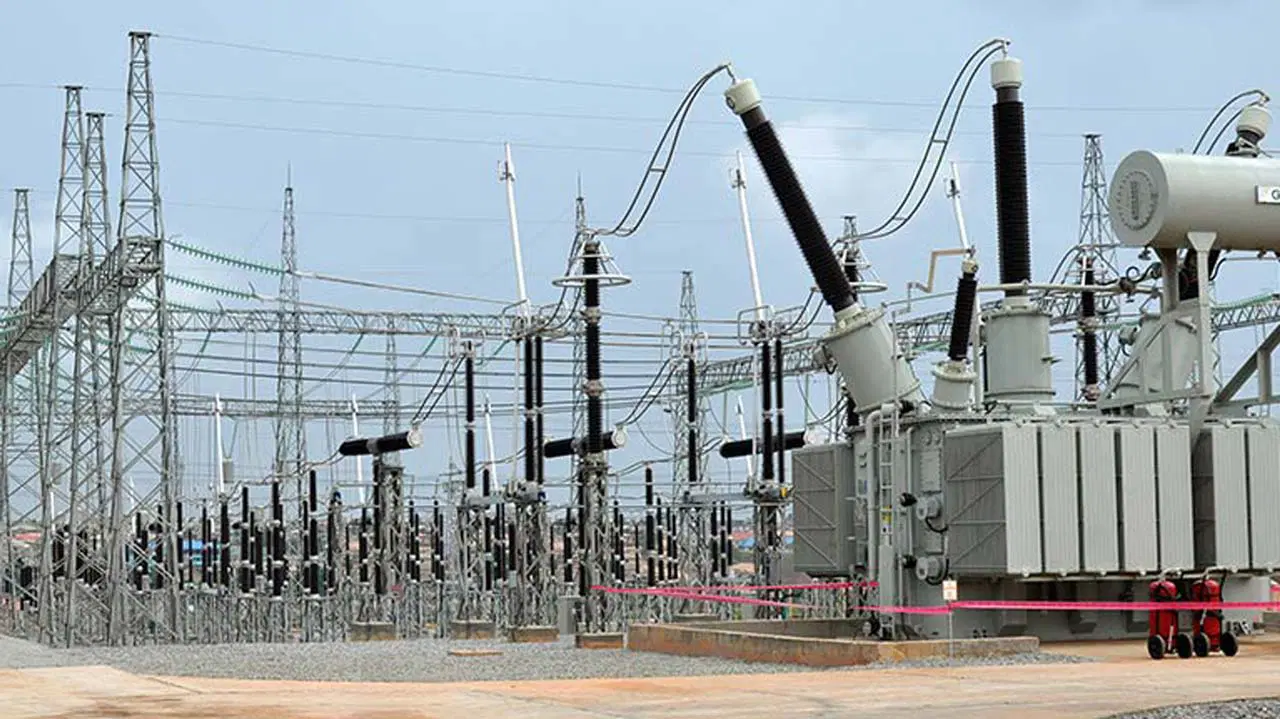A Senior Advocate of Nigeria, Dr Olisa Agbakoba, has asked the Federal Government to adopt the development oil model instead of the current model termed contract oil.
The legal luminary stated this at a press briefing in Lagos on Wednesday.
According to Agbakoba, the development oil model sees oil and gas as not just a source of revenue, but as a tool for national advancement.
In a policy paper tagged “Rethinking Nigeria’s Oil and Gas Governance”, he noted that the concept of development oil stands in stark contrast to the traditional contract oil approach which Nigeria has implemented over the years.
He stated that the current model allows international oil companies to be co-owners of joint ventures extracting oil, selling the same and sharing the profit with the government.
He said the IOCs had too much control over operations, arguing that the Nigerian National Petroleum Company Limited played no active role in key operational decisions.
The legal luminary lamented the level of capital flight in the petroleum industry through payments to foreign contractors and service providers; the use of foreign banks for transactions and the repatriation of profits to IOC home countries.
Agbakoba asked the government to adopt the development oil model, which emphasises active state participation and control in the management of oil resources.
He sought the development of local refining capacity, the establishment of petrochemical industries and the creation of downstream industries that use oil and gas as raw materials.
“Under this model, a larger portion of oil revenue is retained within the country. This revenue is strategically reinvested into infrastructure development, education and healthcare, diversification of the economy and research and development in energy-related fields,” he said.
“Create a new governance framework centred on development, including one strong and independent regulatory body to ensure transparency and efficiency; and a restructured national oil company focused on maximising value for national development, as in Saudi Arabia.
“Initiate a national debate on the optimal governance structure for the oil and gas industry, involving stakeholders from government, industry, civil society, and academia.”
Agbakoba canvassed the repeal or amendment of the Petroleum Industry Act as it conflicted with the Nigerian Constitution. Section 64(c) of the PIA conflicts with Section 162(1) of the Nigerian Constitution.
“Draft new legislation that aligns with the development oil approach. The emphasis should be on the use of oil and gas resources for national development,” he averred.
Meanwhile, in an interview with The Punch, George Ene-Ita, the spokesperson of the Nigerian Midstream and Downstream Petroleum Regulatory Authority, disagreed with Agbakoba on the repeal of the PIA, which was passed into law barely three years ago.
“I do not know why the SAN is calling for the repeal of a law that has not been implemented for up to three years,” he stated.
The NMDPRA spokesperson said there could be calls for a review of the Act but not an outright repeal.
“The SAN is an institution in legal practice. He knows what he is talking about. All I am saying is that this is the document we are using to regulate the industry. And until we see another, this is what we will use. It is still a working document, and we will implement it to the best of our ability,” Ene-Ita added.
Similarly, the spokesperson of the Nigerian Upstream Petroleum Regulatory Commission, Olaide Shonola, told our correspondent that the PIA was the best thing to have happened to the oil industry lately.
According to Shonola, the Act has been helpful, and a lot has been achieved through it.
“For us, the PIA is a plus. The PIA should not be repealed because it is useful,” Shonola submitted.

 4 months ago
31
4 months ago
31















 English (US) ·
English (US) ·